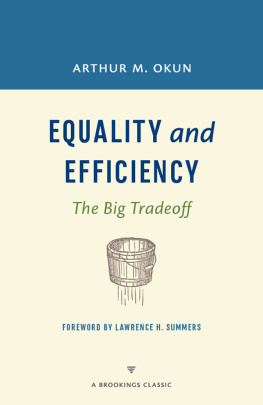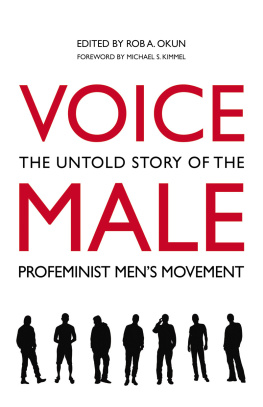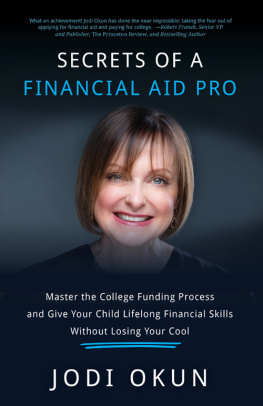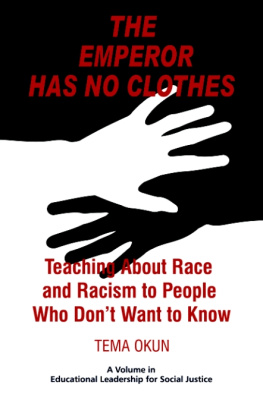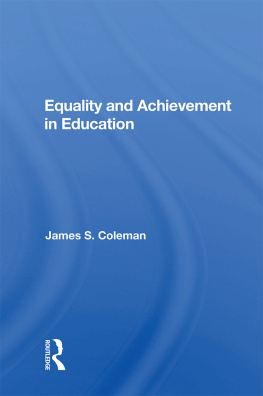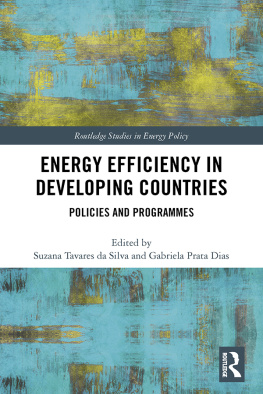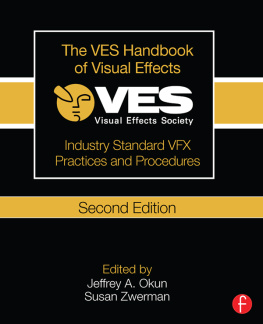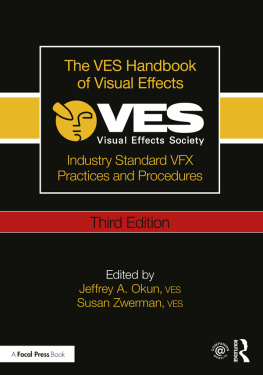ARTHUR M. OKUN
Arthur Melvin Okun is widely considered among the most important macroeconomists of the twentieth century. Born in 1928, in Jersey City, New Jersey, he received his A.B. and his Ph.D. from Columbia University and went on to teach economics at Yale University. In the 1960s he served as a senior economist, member, and, finally, as chairman of the Council of Economic Advisers in the Kennedy and Johnson administrations.
When Okun left the CEA, he joined the Brookings Institution. In 1970, he cofounded, with George Perry, the Brookings Papers on Economic Activity (BPEA), which is still among the world's most prestigious economic journals and currently boasts sixteen Nobel Prize winners among its authors and discussants.
Known for his wit as well as his compassion, Okun reacted to surging inflation in the 1970s by developing an economic indicator he dubbed the Misery Index, which charted the well-being of Americans by combining the unemployment rate and inflation rate. In the years since, Okun's idea of indexing misery has been both repurposed and refined to track happiness and well-being across all sorts of indicators.
When Okun died unexpectedly at the age of just 51 in March 1980, he was hailed as an innovative and effective policy economist who was unique in holding the respect and admiration of both academic economists and practical politicians.
Okun is today remembered as an effective mediator between the realms of economic theory and analysis and the development and implementation of public policy. In this realm, Equality and Efficiency: The Big Tradeoff, with its difficult questions about the uneasy relationship between capitalism and democracy, is most certainly Okun's masterwork.
FURTHER THOUGHTS ON EQUALITY AND EFFICIENCY
I have recently expressed in some detail my views on the goal of equality in our society, particularly in relation to the goal of efficiency. I trust that it will come as no surprise to readers of this paper that I have not yet accumulated a brand-new stock of ideas, nor am I yet ready to recant. Rather, I shall use this occasion to elaborate on some of the central issues, presenting them at a level appropriate for an audience of professionals, rather than of interested laymen.
Implicit in my book (and more explicit in this paper) is a reliance on a loose notion of revealed preferences. I look for the rationalethe internal logicof the institutions that actually operate in contemporary American society. In moving from the realities of institutions back to the principles, preferences, and constraints that could explain them as a reasonably rational and consistent system, my chain of reasoning reverses that of the social philosopher, who starts with his principles and attempts to derive from them the practices of a good society. Perhaps that makes me a backward philosopher.
Yet I too am interested in the good society, and I pursue the line of revealed preferences because I think our society is pretty good. At times, however, I depart from this approach to express my personal preferences, some of which are contrary to those of the majority as reflected in the political process. Indeed, a rigorously consistent application of revealed (rational) preferences would be awfully stuffy, since it must always conclude that whatever society does is best for it, or else it would be doing something else. The theory of efficient markets often strains my credulity, and any theory of efficient institutions would shatter it. I believe I can identify accidents of history, lags and imperfections of the democratic political process, misperceptions of costs or benefits, income effects, and technological innovations that result in policies that are suboptimal or inconsistent with majoritarian preferences. But this is a tricky game, no matter how honestly one tries to play it, and the reader should be on guard for any passages in which I might seem to lean on existing practices just because I like them or to find them irrational just because I do not.
The basic observation that requires explanation is that our society accepts far more inequality in the distribution of its economic assets than in the distribution of its sociopolitical assets. In interpreting that seeming inconsistency, I shall once again argue these points:
(1) The social preference for equality applies to economic as well as to noneconomic assets (although the intensity of those preferences may vary among classes of items).
(2) While there may be costs of equalizing distribution in any area, those costs tend to be greater for income (and wealth) than for social and political rights. Hence, it can be rational to tolerate more inequality in the economic realm than elsewhere.
(3) The major cost of equalization of income involves the sacrifice of some of the economic efficiency associated with the unaltered determination of incomes in the marketplace.
(4) On this reasoning, inequality that is economically inefficient can be explained as rational and justified only if it serves some other social goal (liberty, respect for the market, preference for lotteries, or the like).
(5) In general, since equality of income is both desirable and costly, the optimum will involve a compromisea sacrifice of efficiency to gain more equality than would obtain in the absence of social action, but a tolerance of more inequality than would be preferred in the absence of the costs.
(6) While various aspects of the tradeoff are amenable to economic analysis and even to empirical quantification, the optimal compromise must be sought through political decision making. And society has clearly stated its choice for that mechanismdemocracy untainted by economic inequality.
THE PREFERENCE FOR EQUALITY
When an economist is asked to determine what amount of X is optimal for an individual or for a society, he immediately divides the question into two parts: (1) How much does the decision maker in question like X, in varying quantities? (2) What does it cost to get those varying quantities of X? To noneconomists, this division may appear to be an unnecessary abstraction or complicationor, as Irving Kristol has put it, a flight into poetry or theology. But it is the only way to use the tools of our trade. The strict separation of preferences and opportunities is essential in organizing the considerations that enter into rational choice.
One application of the economist's approach lies in drawing inferences about preferences from behavior with respect to close substitutes that have sharply different relative prices. Only because of a strong preference do we use any amount of the high-priced item, as we do when we put expensive gold in our teeth and TV sets, and make room for costly lobster in our diets. To a capitalistic nation, accepting the verdict of the marketplace on income distribution is the low-cost diet. That we leave considerable economic inequality on our menu is no more surprising or instructive than is the fact the individuals eat more codfish than lobster. What is striking is that our society takes some steps toward equalization, reflecting a preference for more equality of income among our citizens than the market would generate.
The underlying rationale of the social preference for economic equality has been propounded in many ways. I shall discuss briefly a few of the formulations: (1) my own technique of drawing inferences from the domain of rights; (2) John Rawls's original position formulation; and (3) the classical argument based on interpersonal comparisons of utility.
INFERENCES FROM RIGHTS. In our political and social arrangements, society diligently pursues equality. American institutions strive for one-person/one-spouse, one-person/one-vote, equal justice, universal freedom of speech and religion, universal immunity from enslavement, and universal and equal claims for such public services as police protection and public education. They also impose on all citizens, at least in principle, some negative rights, or duties, such as responsibility to obey the law, military conscription when imposed, and jury service.

